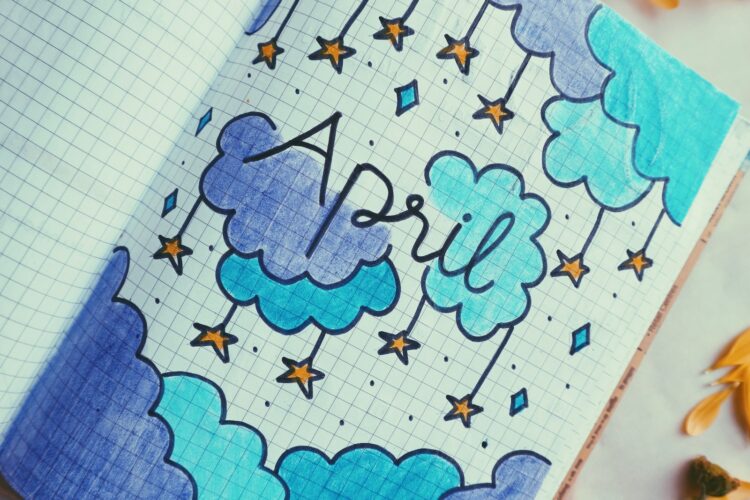April Fool’s Day

Introducing April Fool’s Day as a conversation topic for English learners offers a unique opportunity to engage in a lighthearted, culturally significant discussion. The playful nature of this holiday allows students to explore the nuances of humour and the art of storytelling, while also fostering a relaxed learning environment.
What is April Fool’s Day?
April Fool’s Day is a fun and light-hearted tradition celebrated on the first day of April every year. On this day, people play harmless jokes and pranks on their friends, family or colleagues to make them laugh.
The origin of April Fool’s Day is not entirely clear, but it has been celebrated in various forms for centuries. In many countries, the tradition of playing jokes on this day has become quite popular. Some common pranks include placing a whoopee cushion on someone’s chair, pretending to see something unusual or telling funny stories that are not true.
Useful Vocabulary
Try and use the following vocabulary when answering the question. Click to look up the definition in the dictionary
Conversation Questions
- Have you ever played a prank on someone or been pranked on April Fool's Day?
- What do you think is the funniest April Fool's Day prank you've ever heard of?
- Do people in your country celebrate April Fool's Day?
- What are some of the unique traditions in your country?
- Do you think playing pranks on April Fool's Day is a good way to have fun, or can it be harmful? Why?
- Should there be limits on the types of pranks that can be played on April Fool's Day to avoid potential harm or offense?
- Do you think companies should participate in April Fool's Day by creating humorous advertisements or products? Why or why not?
- Have you ever pranked anyone with a practical joke?
- Can humor and pranks on April Fool's Day help improve workplace culture, or can they create tension and conflict?
- Can April Fool's Day be used as a way to educate people about critical thinking and not believing everything they hear or see?

